
The Lord Jesus commanded Christians to be salt and light to those around them (see Matthew 5:13-16). The Salt&Light series endeavours to give believers the tools to understand what this means in our world today.

The Lord Jesus commanded Christians to be salt and light to those around them (see Matthew 5:13-16). The Salt&Light series endeavours to give believers the tools to understand what this means in our world today.
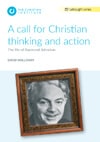
David Holloway
The life of Raymond Johnston shows how a Christian can be salt and light in society. This booklet examines his life and his beliefs. It shows how he was rooted in the Bible and the 16th Century Reformers, warned of the nation’s cultural disintegration and called for Christian thinking and action.
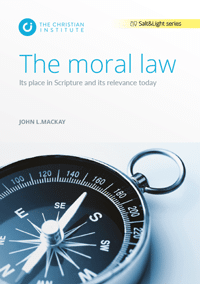
John L. Mackay
There is much confusion amongst Christians over the role of the moral law. Some raise objections of ‘legalism’, others say ‘love’ has replaced ‘law’. Professor John L. Mackay shows that the moral law still applies and is bound up with God’s glory, his nature, his salvation purposes and with the preservation of ordered life following the Fall.
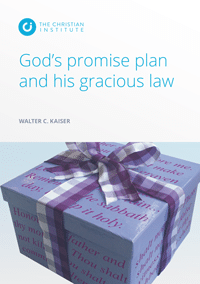
Walter C. Kaiser
In this thoughtful analysis Professor Walter Kaiser defends traditional Evangelical-Reformed theology against two extremes – firstly those who say that Christians are ‘no longer under the law’, and at the other extreme, the ‘Theonomists’ who say that the Old Testament penalties should still apply.
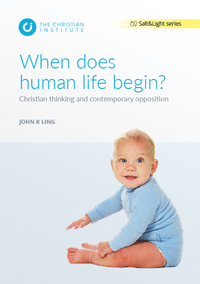
John R Ling
When does human life begin? It is a fundamental and decisive question because your answer reveals your understanding of the nature and status of the human embryo. It also shapes your stance on the big bioethical issues of the day such as abortion, cloning and embryonic stem cell research. There are many voices sowing confusion, but the Bible is unmistakably clear that human life begins at conception. In this booklet, John Ling provides a wide-ranging explanation of biblical truth, the historical Christian perspective and evidence from modern science to support this position.
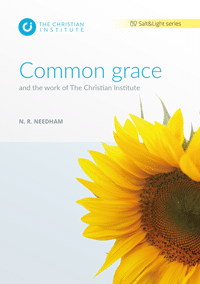
N. R. Needham
Dr Nick Needham explains how ‘common grace’ (God’s favour to all men whether they are Christians or not) is so helpful in understanding the work of The Christian Institute.
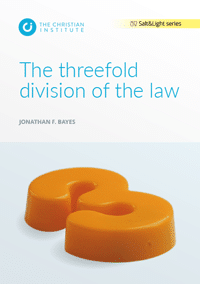
Jonathan F. Bayes
Evangelical-Reformed theology has long held that Old Testament law can be distinguished into three parts: the moral, the ceremonial and the civil. Jonathan Bayes looks at the history of this threefold division.
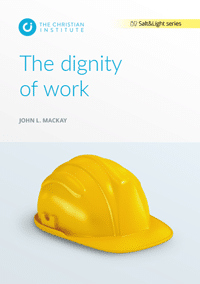
John L. Mackay
Men and women, made in the image of God, were created to work. We should therefore view our work, whatever type of work it is, as a means by which we can serve and glorify God.
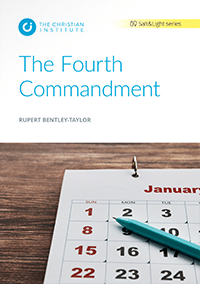
Rupert Bentley-Taylor
Only a few decades ago, a high view of the Lord’s Day was standard among English-speaking evangelicals. Yet today, there are many Christians for whom the whole notion of one day set aside for God seems a quaint throw-back to Victorian values. It is easy to feel intimidated by the tide of this popular thinking within the evangelical world.